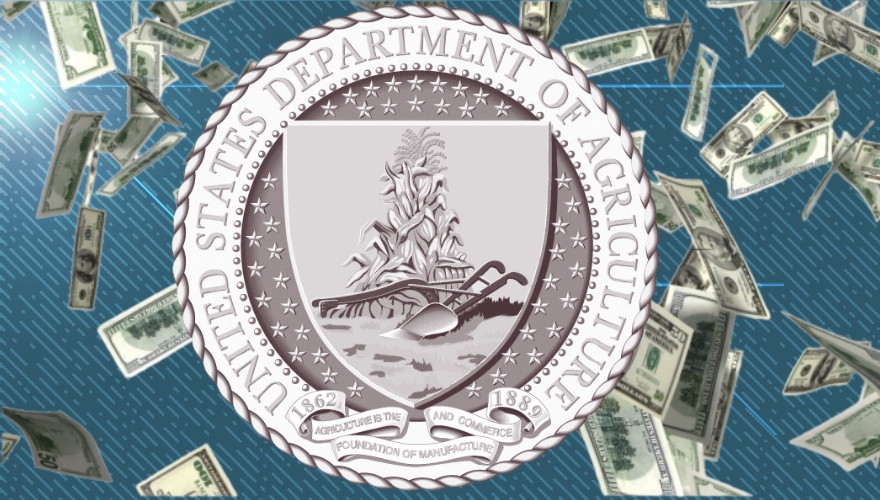The United States Department of Agriculture announced plans to pay farmers who report they have faced discrimination by the end of 2023.
The department plans to distribute $2.2 billion to those who were reportedly discriminated against while seeking funding through the USDA lending program. The funding for the payment was ascertained through the Inflation Reduction Act.
“These funds are yet another stepping stone in the long march towards justice and an inclusive, equitable USDA,” said Agriculture Secretary Tom Vilsack in a March 1 press release. “Through this program and a neutral, comprehensive financial assistance process, USDA will acknowledge wrongs of the past and open up avenues that provide farmers, ranchers and forest landowners who have experienced discrimination by USDA the opportunity to be heard.”
“In providing this financial assistance, our goal is to make sure eligible people have adequate, understandable information about what is available to them, how to apply, and what to expect from USDA at each step,” Vilsack added. “As we work to make all our programs more equitable, accessible and accountable, we are applying these same principles to make sure all Americans know how to engage with USDA’s services so we can prevent more inequities and build new levels of trust with the People’s Department going forward.”
The USDA and the Biden administration have said the discrimination in lending against primarily black farmers occurred over a period of 100 years.
“In 1965, the US Commission on Civil Rights found that the USDA discriminated against Black farmers when providing financial assistance payments and loans,” reported The Guardian in 2021. “In 1999, the Clinton administration admitted that the USDA’s loan practices were discriminatory, in what is now known as the Pigford settlement.”
The 1997 Pigford settlement was the result of a class-action lawsuit that alleged the USDA’s allocation of farm loans and assistance was unfair due to racial bias. As a result, the settlement granted 13,000 farmers each $50,000 payments as well as debt relief. Some farmers have said they never received their payments.
At the time of The Guardian’s report, a group of white farmers had sued the federal government – arguing that its plan to use $5 billion from the pandemic-era American Rescue Plan for relief payments and debt relief for “socially disadvantaged” farmers was discriminatory. The government had defined “socially disadvantaged” as farmers of African Americans, Hispanics, Asian Americans and Native Americans. The government further determined that white women did not qualify. The lawsuit had temporarily prevented the Biden administration from sending out the payments to black and minority farmers.
According to OPB, the USDA granted direct loans to 36% of black farmers and 72% of white farmers in 2022. Currently, there are just over 48,697 black-identifying agricultural producers in the country. The nonprofit Data for Progress says that total marks a 90% decline in black farmers over the last century.
On the heels of the discrimination payment plan, the USDA also announced its first permanent Chief Diversity and Inclusion officer. L’Tonya Davis previously worked for the Food and Drug Administration’s Office of Regulatory Affairs as the director of the Office of Communications and Project Management.
“Throughout her career, Ms. Davis has demonstrated a strong commitment to hiring and developing a workforce that reflects the rich and diverse tapestry of America and to creating workplaces where everyone can thrive and achieve their full potential,” said Vilsack on March 2. “USDA is working to provide equitable service and mission delivery to all, including the dedicated employees who are at the heart of the service we aim to provide. Our workforce will benefit from Ms. Davis’s leadership and her commitment to ensuring our programs benefit every American.”
